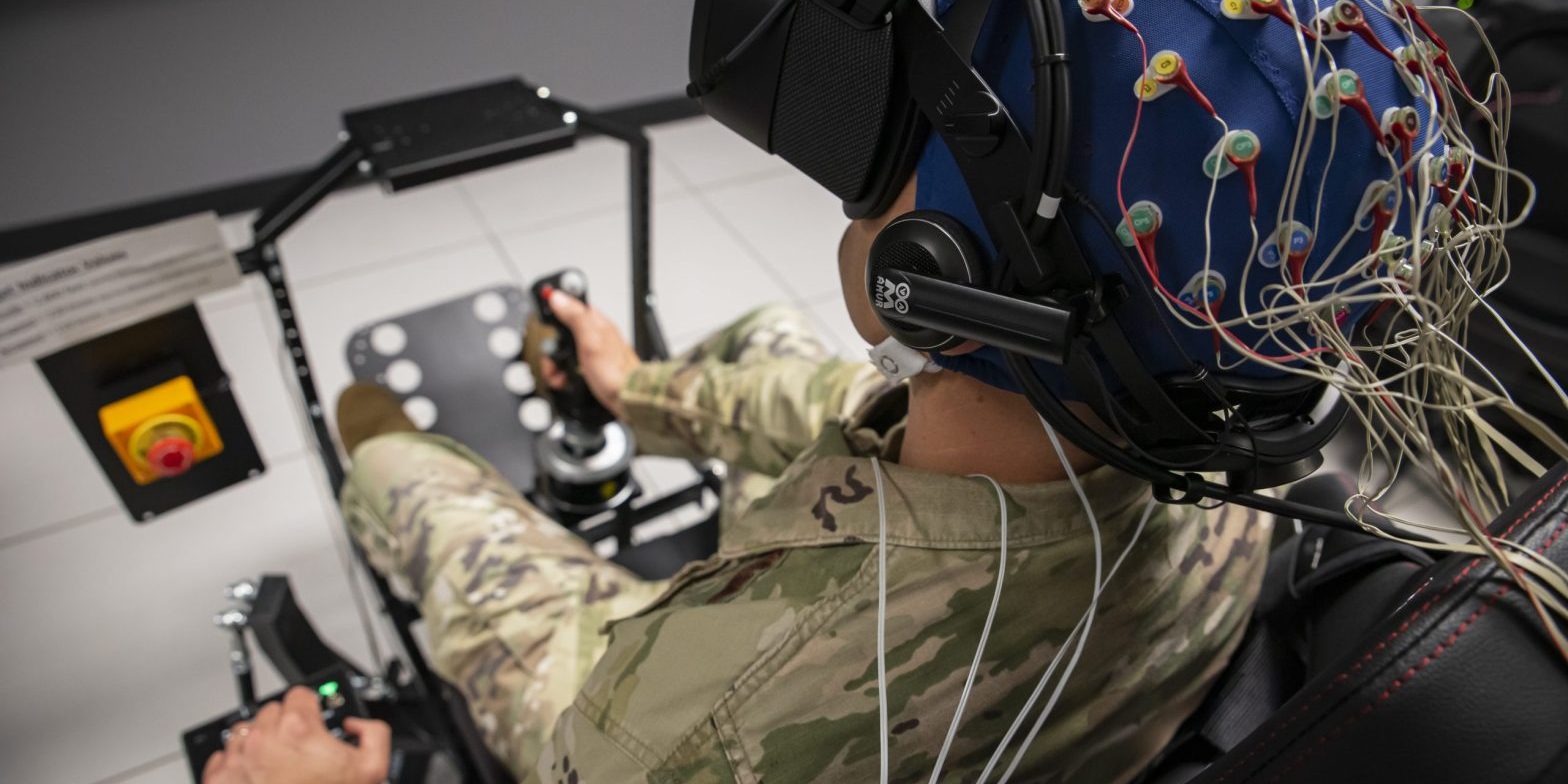Brain Health Mini-Series: Part 1
SABRES (Special Operations Assessment Baselining Readiness Evaluation System) utilizes objective measures of cognitive performance, objective measures of brain physiology, and subjective assessments of cognition, recovery, and well-being. Its intent is to collect and analyze comprehensive, actionable data on the brain function and performance of Special Operations Forces service members. Analyses of these metrics allow triangulation of how the individual is experiencing life, with immediate behavioral outputs based on brain function, and observation of fundamental electrical processes in the brain. Identifying patterns of overlap and anomalies enables a unique understanding of the individual’s well-being and brain fitness. The outcome enables the Warfighter to address any negative findings or deficits and optimize desired abilities via cognitive performance training plans and/or referrals to other support services, as indicated. Reassessment will occur periodically or following a brain-related event (traumatic brain injury). By routinely collecting these brain data, it is possible to identify potential unknown changes in function and allow earlier delivery of interventions before they become serious impairments or impact mission readiness.


